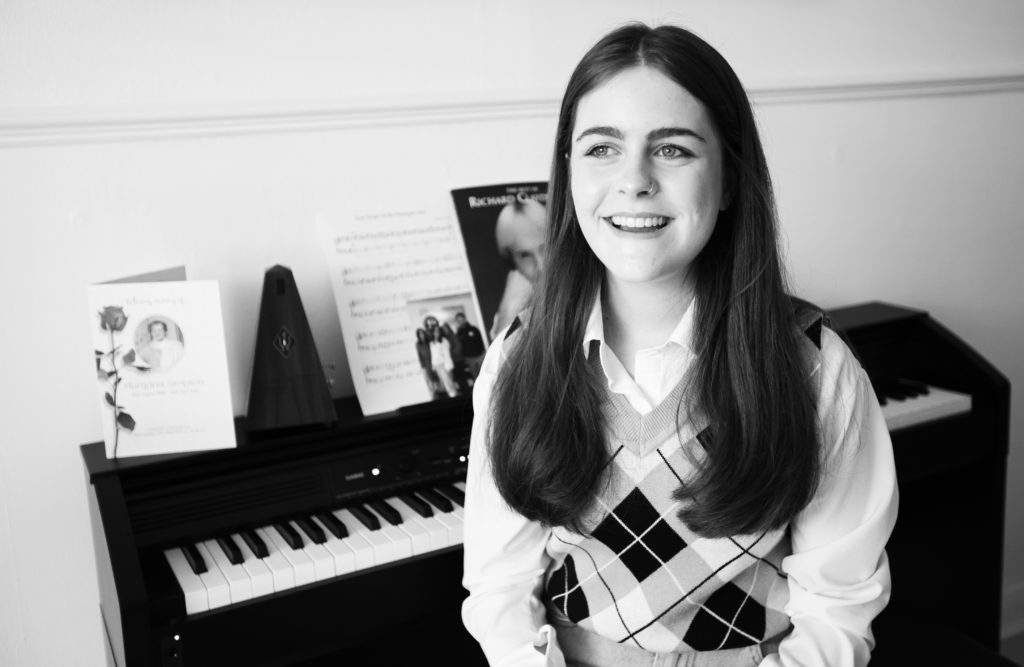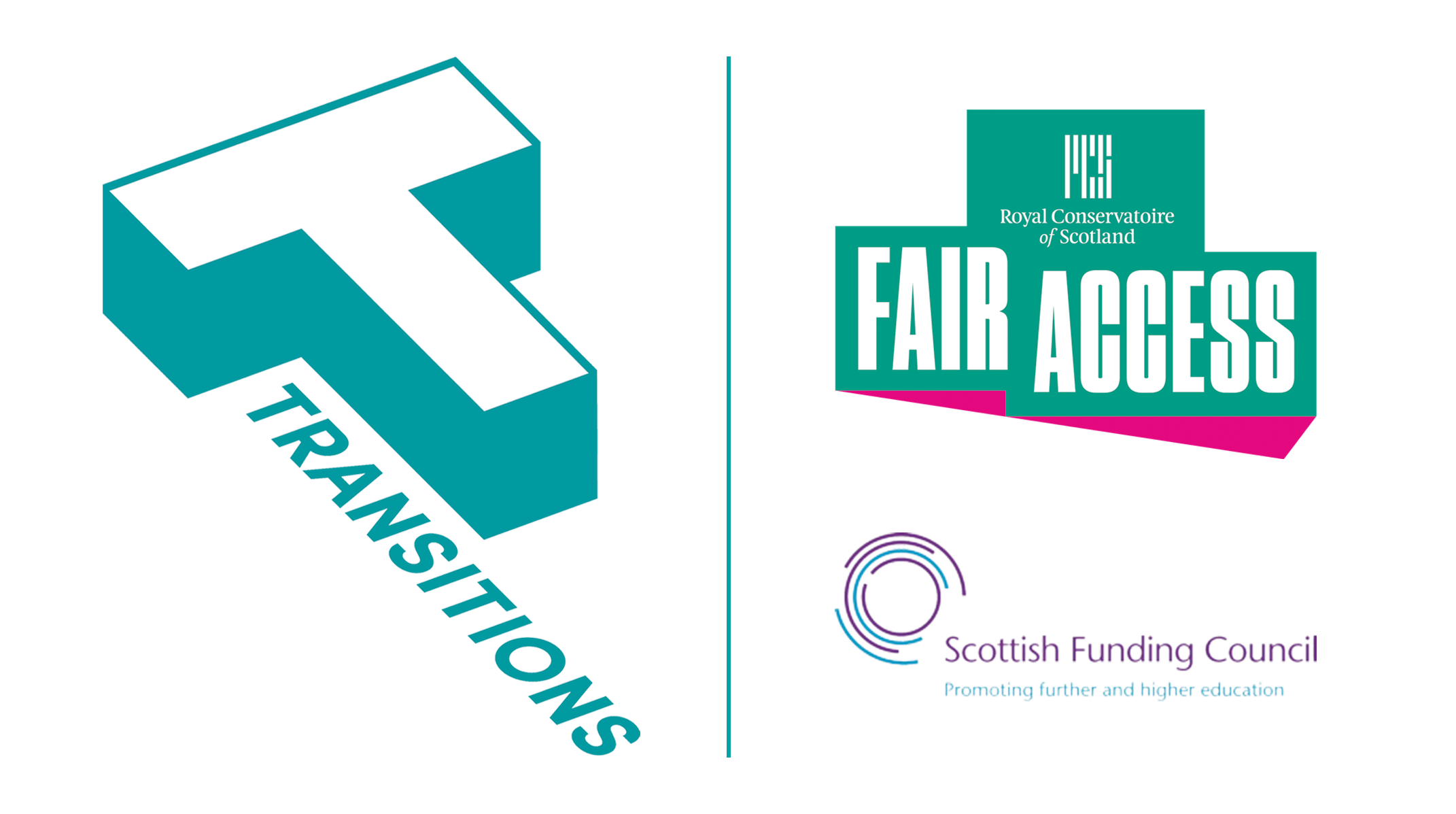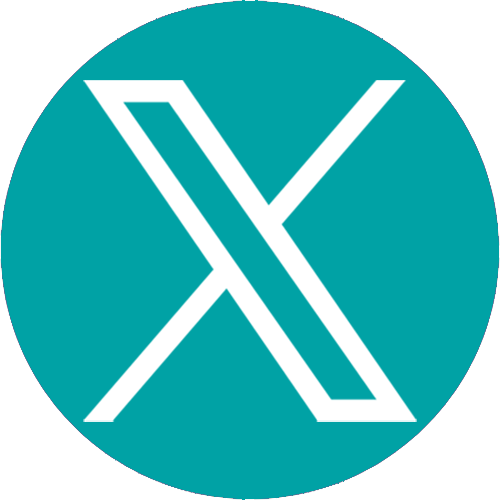CHARLOTTE DEVLIN
Music | BMus Composition

How did you find out about Transitions?
I found out about transitions through a friend who was also part of the initiative.
When did you get involved with Transitions?
I began inquiring about transitions in October of 2020. I received my interview and then began my place on Transitions in early November of 2020.
What was the most useful thing you learned about your artform and yourself?
I have always been one to think ‘out the box’ and try to express myself using music. However I was previously some-what worried that I wasn’t sticking within certain forms or structures of music when I was composing. This caused me to feel slightly restricted when creating my pieces. I wasn’t composing the way that I truly wanted to. That was until I shared my worries with my Junior Conservatoire Composition tutor when he said to me “There is no rules in music”. I then became aware of more unique forms of music which encouraged me to compose more freely and feel less restricted. This made me feel even more passionate about composition and has led me to create some of my greatest pieces today.
I continue to use composition as a way of communication to express myself and my feelings. I wouldn’t have been able to truly find my music if it wasn’t for Transitions and their funding for the Junior Conservatoire.
Why should someone think about joining Transitions?
Anyone who wants to pursue their career in the arts should 100% consider joining Transitions. Everyone that works for Transitions cares so deeply about every student on the course and strives to help every single one of them achieve their dreams. Not only do transitions provide funding but also one-to-one coaching sessions which were unbelievably helpful for me. I was able to set goals with my coach Emmie and we would look back in them in each session and talk about the progress that I had made. I was always driven to achieve my goals for every next session and be able to share my success with my coach. Additionally, I was given lots of advice and suggestions on ways to achieve my targets and share my music.
What is one piece of advice would you give to any current student on Transitions?
It may sound like one of the most common pieces of advice, but be yourself! This is what makes your style of art form stand out and allows you to really enjoy what you are doing too. Allowing yourself to be expressive without feeling restricted or worried about what you are creating really allows you to feel even more happy with your work. Try and be open about your talent, whether it’s letting friends see your work or sharing some online. All your hard work deserves to be shared- not hidden! The feedback you receive will also be very helpful, whether it is a compliment or criticism, these are all going to improve you and make you stronger. By doing this myself, I have been able to be more critical in my work while thinking about responses I have had from previous pieces which really helps me ensure that my composition is the standard I want it to be.
If you could do it all over again, what would you do differently within your time with Transitions?
I am very happy about how my Transitions journey went. Even throughout a pandemic the team still managed to plan so many amazing things such as virtual trips and make them work. However, one thing I would have done differently was be less shy to reach out at the start of my journey, whether this was asking a question during a lesson or during a creative conversation. It’s so important to ask for help when you need it and don’t be afraid to do so like I was. I eventually set this as a goal that I was determined to succeed during one of my coaching lessons and from doing this I began to become more confident in sharing my opinions and being able to ask for help. By asking questions and reaching out, I learned so many things which helped me become much more confident in my compositions.
If you’d like to find out more about how to apply for Transitions, visit our pages on ‘How to Apply’ here.






